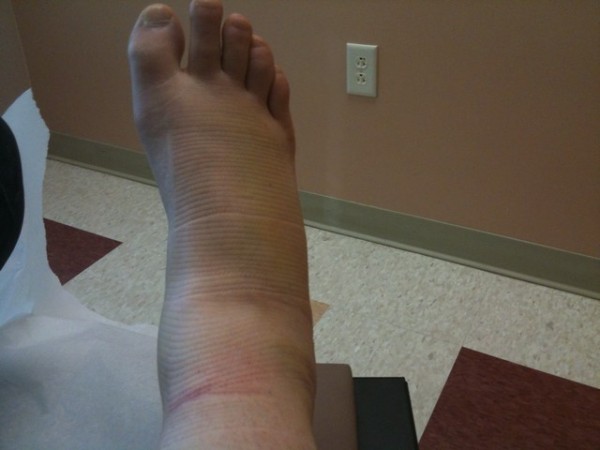
Kidney health and overall well-being are closely interconnected. Often, seemingly unrelated symptoms can indicate underlying health issues. One such signal is foot swelling, which might be indicative of kidney disease. Let's delve into this connection and gain a comprehensive understanding.
The Intricacies of Kidney Function
Before we explore the connection between foot swelling and kidney disease, let's grasp the role of kidneys. These vital organs are responsible for filtering waste products and excess fluids from the blood, producing urine, regulating electrolyte balance, and maintaining blood pressure.
The Foot Swelling Mystery
Foot swelling, medically termed edema, occurs when excess fluid accumulates in the tissues. It's crucial to remember that edema can be caused by various factors, including prolonged sitting, standing, or even certain medications. However, persistent or sudden edema might warrant attention.
The Connection Unveiled: Kidney Disease
Recognizing the Signs
It's important to note that foot swelling alone might not definitively indicate kidney disease. However, if you experience persistent or unexplained edema accompanied by other symptoms like fatigue, changes in urine color, or increased blood pressure, consulting a healthcare professional is advisable.
Taking Action and Seeking Medical Advice
In conclusion, foot swelling can serve as an early indicator of kidney disease, although it's not the sole determinant. Recognizing the connection between kidney health and edema underscores the importance of holistic healthcare.
7 Tips for Enhancing Bone and Joint Health in Your 40s
The Best Ways To Support Your Dog Through Separation Anxiety